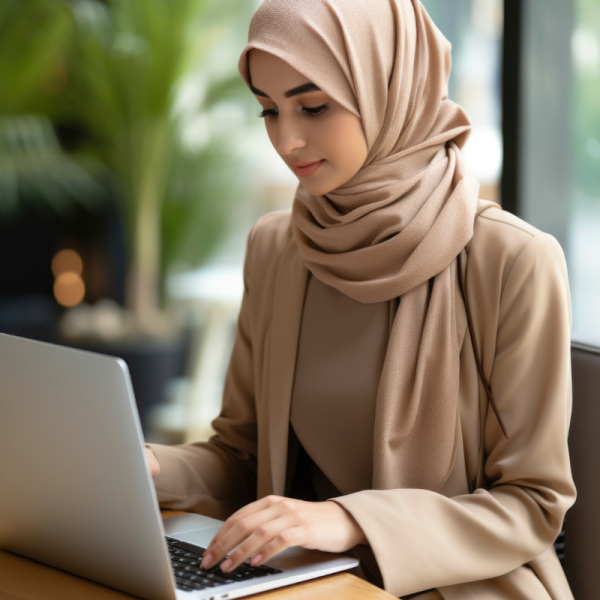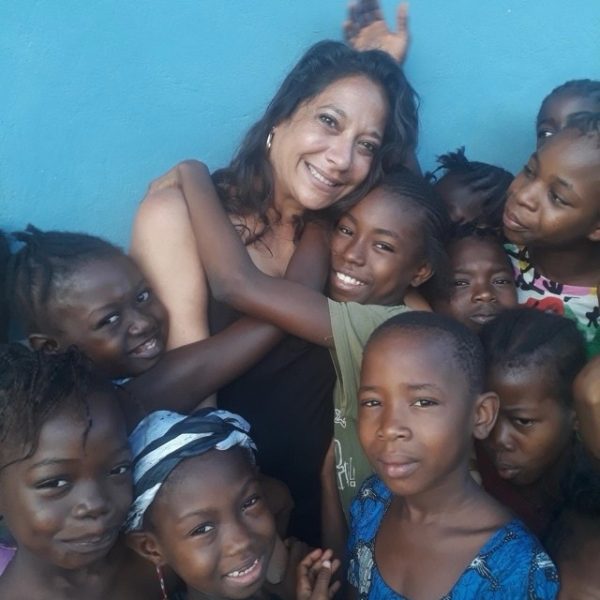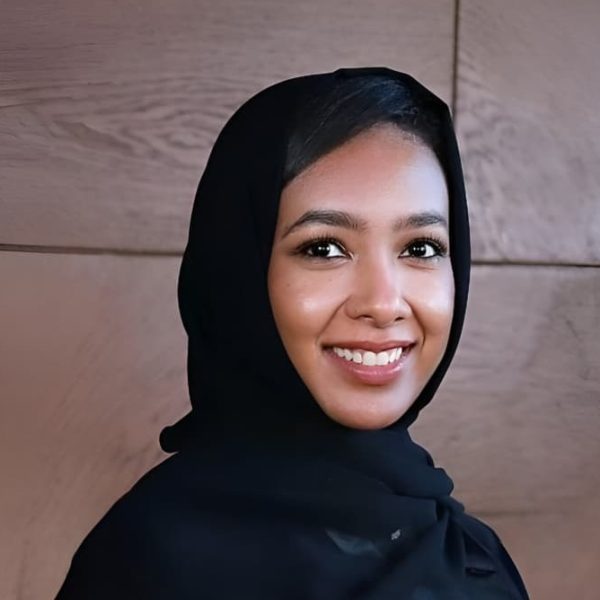1. What inspired you to pursue a career in international law, and how did it lead you to your current role in advocating for a new Optional Protocol to CEDAW to end violence against women and girls?
Since my childhood I had a dream, if I may quote, to try to make this world a better place, to grasp a change at both the national and international levels.
When I was seventeen years old, my university’s dean, who was a lady, read us all the discriminatory laws regarding women. This struck me to the heart, and I decided I had to change those laws.
Ever since, I have endlessly worked in the Human Rights field, building an orphanage in Cameroon, working with street children in Gabon, and creating an NGO in Lebanon to protect Huaman, Children, and Women’s rights and I focused on Women’s Rights succeeding in having the first ministry of Women’s rights created in Lebanon. I have also been leading the UN Women Programs for the Arab States on the Rule of Law and Women’s Political Participation and Leadership.
When Every Woman Treaty reached out about taking on the role of Chief of Global Diplomatic Campaign, I went back and reread CEDAW, the Convention on the Elimination of All Forms of Discrimination against Women, the preeminent global treaty on women’s rights. At the time CEDAW was adopted in 1979, violence against women was not widely recognized as a human rights violation. So the absence of specific language convinced me that CEDAW needed to be strengthened with a new Optional Protocol, which is a treaty in itself.
2. Why is a new Optional Protocol necessary? How can it help?
Violence against women and girls is the most widespread human rights violation on earth. The statistics are very alarming. At least 1 in 3 women globally experience intimate partner violence or sexual assault.1 Across the world, a woman or girl is killed every 10 minutes by their intimate partner or family member.2 Crises and conflict increase incidents of violence against women and girls, and technology has brought about new forms of violence. A UN Women study in the Arab region found that 60 percent of women internet users had been exposed to online violence.3 These are just a few examples of too many.
Every nation in the world has high rates of violence against women and girls. It is a global problem that requires a global solution. The good news is that we know what works. Strong laws, training and accountability, violence-prevention programs and education and services for survivors all work together to lower rates of violence. This is where a new Optional Protocol to CEDAW dedicated to ending violence against women and girls becomes crucial. It would codify these interventions into a binding agreement among ratifying States and set global standards. This is so crucial because they become the norm, and can have a significant impact even in nations that do not ratify the agreement. Couple this with the ongoing work of equality for women and girls across all sectors, and we create a more equal, just, and safer world for women and girls and all of us.
3. As the Chief of the global diplomatic campaign for Every Woman Treaty, what has been the most rewarding aspect of representing this initiative to world leaders?
Oh, how passionate people are. It’s been humbling and inspiring to witness the extraordinary commitment leaders have toward women’s rights and their belief in equality and justice. This is clear in my work with ambassadors, ministers, and all staff of the Permanent Missions to the United Nations, as well as leaders of UN entities and mandate holders, most notably the current and past Special Rapporteurs on violence against women and girls.
This is also true of staff and leaders at international non-governmental organizations (INGOs) and civil society. These organizations and people work tirelessly to advance women’s rights and equality, and their efforts often go unnoticed. But find a new law or advance in policy in any nation, and you can bet women’s rights activists were behind it.
4. What are some of the key challenges you’re facing advancing this new Optional Protocol?
The backlash against women’s rights has been occurring for some time now. We are in a different global climate than we were in 1995 when the Fourth World Conference on Women took place and the Beijing Declaration and Platform for Action was adopted.4 But women’s rights activists have faced these challenges before. We come together and get the work done.
5. As the founder of Avenir Liban, you helped establish Lebanon’s first Ministry of State for Women. What motivated you to start this NGO, and what are some of its key achievements?
I founded Avenir Liban to defend and protect human rights in Lebanon, particularly women’s and children’s rights. We drafted two CEDAW shadow reports on the status of women in Lebanon. In the first report, we asked for the creation of a ministry for women, a 30% quota of representation for women in all elections, and the repeal of Law Article #522 that decriminalized a rapist if he married the woman, the victim he raped. These items were achieved due to our shadow report. Today, a rapist cannot escape his sentence by “marrying” his victim thanks to the efforts of ABAAD NGO’s work in Lebanon. Lebanon’s first Ministry of Women’s Affairs was established in 2016. The 30% female representation in elections has not been reached. However, electoral lists at all levels of government, municipal, parliamentary, and even union elections, now include at least two women, when previously there were none.
6. Your work as a humanitarian activist is inspiring. What motivated you to build an orphanage in Cameroon and support street children in Gabon? How do you see the connection between your humanitarian work and your advocacy for women’s rights?
These are all linked. In Cameroon and Gabon, girls and children are disproportionately affected by the economic challenges of their nations, so my work directly aids girls in those nations. People have a tendency to abandon more of their girls and send them to orphanages. More broadly, humanitarian crises affect women and girls disproportionately, and they affect women of color, Indigenous women, and other women in marginalized groups at a higher rate. This includes women and girls in developing countries. When working in humanitarian settings, there must be a gender lens, otherwise, we miss key safety and equality issues like education for girls and violence against women and girls. Humanitarian work is linked to all Human Rights. So protecting children is protecting the future of humanity.
7. With your expertise in governance, diplomacy and leadership, what advice would you give to women who aspire to take on leadership roles in their communities or in politics?
YES YOU CAN! Do it NOW! NEVER DOUBT YOURSELF!
8. What can our readers do to further the new Optional Protocol to CEDAW and women’s rights?
Two things. (1) Go to Every Woman Treaty website and join the call for a new Optional Protocol to CEDAW and the right for women and girls to live free from violence: everywoman.org/#join. (2) Write to your government leaders at any level of government and ask them to support this initiative.
References:
1 WHO Fact Sheet on violence agianst women, https://www.who.int/news-room/fact-sheets/detail/violence-against-women
2 UN Women, https://www.unwomen.org/en/news-stories/press-release/2024/11/one-woman-or-girl-is-killed-every-10-minutes-by-t heir-intimate-partner-or-family-member
3 UN Women Arab States, https://arabstates.unwomen.org/en/digital-library/publications/2021/11/violence-against-women-in-the-online-space
4 UN Conferences, https://www.un.org/en/conferences/women/beijing1995











